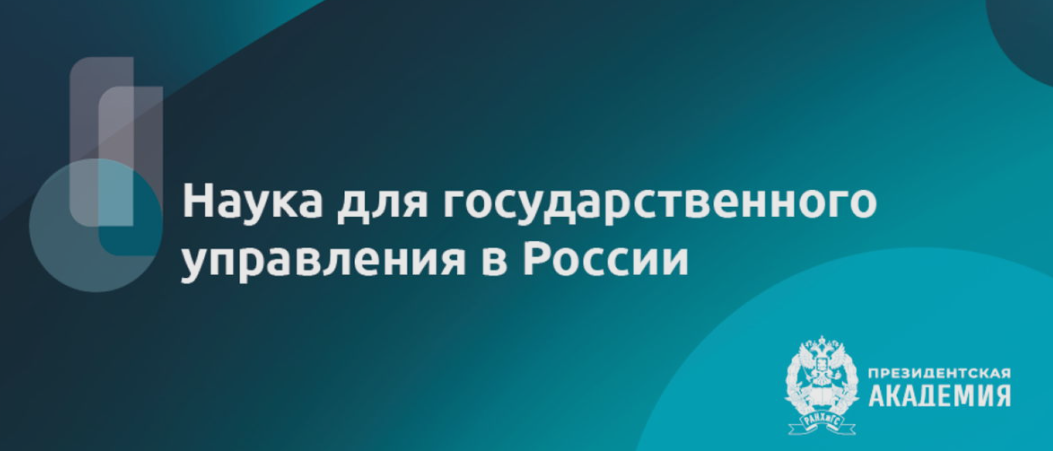Author's column
Economics of sience
Economics of «Technological Breakthrough»
Potential of the personnel
Within the framework of the priority national project «Science», as well as «Strategy of scientific and technological development of the Russian Federation», the country’s leadership has set tasks for medical science and health care that require the provision of preventive orientation of medical activity, the transition from disease treatment technologies to health-saving technologies. The solution of these tasks will require a paradigm shift in the field of public health, ensuring the attitude to health as an individual value of public importance, strengthening the corps of heads of health authorities and organizations, highly qualified personnel trained using the system of state scientific certification.
The purpose of the article is to show that there is a problem of displacement of knowledge and technologies related to health and its conservation from the scientific specialty «Public health and health care». Analysis of 277 dissertations with a time lag of 20 years showed that in fact there was a shift in the research interest of applicants «organizational» academic degree to the boundaries of their existing clinical specialty. The most frequent subject of dissertations in this specialty is the disease and diagnostic and treatment technologies. This problem can be described as «medicalization» of the managerial scientific specialty, which in the future may lead to a shortage of qualified managerial personnel capable of achieving the goals currently implemented in Russia’s state programs and strategies.
ECONOMICS OF THE INNOVATION
Foreign experience
ISSN 2949-4680 (Online)


































